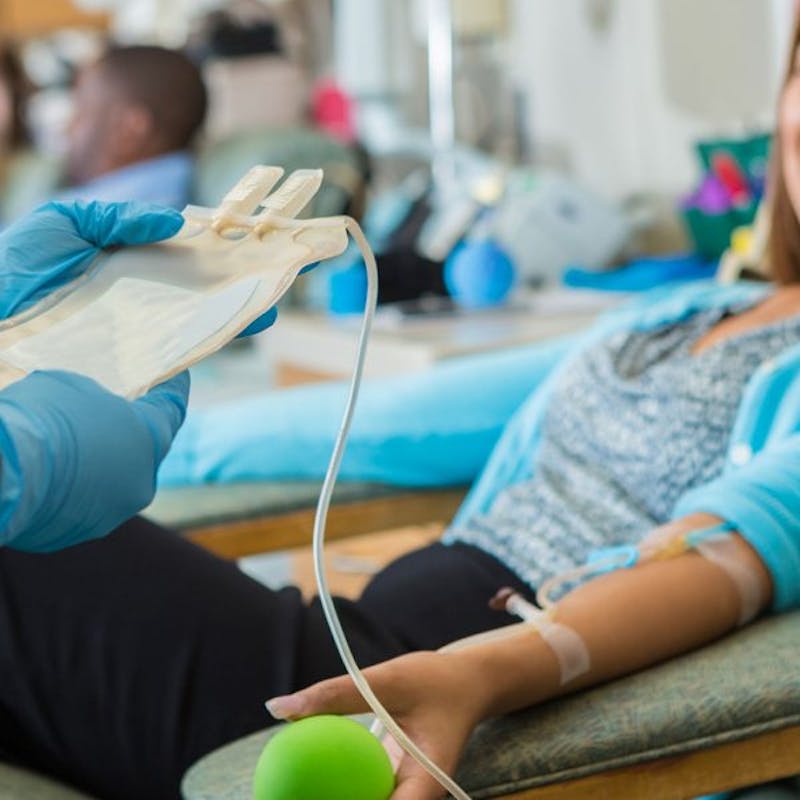
Schedule A Consultation
healing your body for the long run
Contact Us
When you hear the word ketamine, chances are good that the first thing that pops into your head is its potential for abuse as a recreational drug. However, this powerful drug may hold the key to treating depression. Ketamine has the ability to alter the brain’s chemistry and can help control the release of certain hormones. At our office in Seattle, WA, our therapy is administered and overseen by a board-certified anesthesiologist Dr. Hostetter, with over 13 years of administering anesthesia, including ketamine. The dosages are closely determined and monitored and can only be obtained in the clinic during the procedures.
Major depression is often treated using various antidepressant drugs, but some of these are associated with a number of negative side effects, their effectiveness varies from person to person, and it can take weeks before promising positive results are seen by patients. Ketamine provides an alternative treatment option that has been shown to be both effective and quick at addressing major depression.
What is Ketamine Therapy?
Ketamine was first introduced to the medical field as a form of anesthesia during the Vietnam War. While helping to reduce pain by itself, ketamine was also able to serve as a stimulant to help other sedatives work better, allowing individuals to take smaller doses of painkiller medications. These lower doses helped to limit addiction and cut wartime medical costs.
As is well known, when taken at higher dosages, ketamine can result in increased sensations and possibly hallucinations. However, when used properly, it has great potential for healing. Ketamine works by binding to the N-methyl-d-aspartate, or NMDA receptors. When bound by glutamate, this receptor is excitatory, but it’s overstimulation can lead to cell and neuron death. This can lead to Alzheimer’s, Parkinson’s disease, anxiety, depression, schizophrenia, and more.
Ketamine functions as an NMDA antagonist. This means that it binds these receptors and prevents them from being overstimulated. One study found that ketamine use was able to alter levels of tumor necrosis factor-alpha (TNF-alpha) and C-reactive protein.
TNF-alpha is a cytokine that plays a role in cell signaling and producing inflammation. Ketamine has been shown to decrease TNF-alpha levels, helping to promote healthier cells and reduce cell death. C-reactive protein is an inflammatory marker that is released in the blood when inflammation occurs in the body. The levels of this protein may serve as a marker to determine how effective ketamine treatment may be for a specific individual.
Ketamine has the ability to improve a person’s mood by altering the chemicals that it releases. One theory on its effectiveness is that ketamine allows the body to regrow connections between brain cells that play a role in emotion and mood. If these connections become damaged or the associated neurons die, the ability to feel pleasure and happiness could be reduced. Ketamine may be able to reverse these effects.
Ketamine therapy utilizes this brain-altering ability and provides it at a dose that is high enough to provide beneficial results to patients, but low enough to prevent hallucinations, altered sensations, and other side effects from occurring. Ketamine can be provided to patients either through an IV or using a nasal spray and at Seattle Regenerative Medicine Center is overseen and administered by our board-certified anesthesiologist Dr. Hostetter.
Dr. Hostetter explains: “One of the biggest benefits of ketamine therapy is its ability to work quickly. We can see positive effects within one or two treatments and the results can last for several weeks. It really is an excellent treatment option, particularly for those who have failed oral anti-depressant medications.”
The Research
Many studies have been done to examine ketamine’s ability to treat major depression, especially in cases where individuals are resistant to antidepressant medications. Some studies have noted success rates of up to 85 percent.
One study examined seven individuals all suffering from major depression. These participants were randomly assigned either ketamine treatment or a saline solution as a control. After 72 hours, researchers noted that those taking ketamine had significant improvement in depressive symptoms. On the contrary, those taking a placebo noted no significant improvements.
Another study evaluated the ability of ketamine to be used over a longer period of time. They found that out of 12 individuals with treatment-resistant major depression, five of them experienced remission from depression symptoms after receiving ketamine injections three times a week for two weeks.
After this two-week period, these individuals all received an additional injection each week for four weeks followed by a four-week period with no treatments. All of these individuals continued to report decreased depressive symptoms throughout the entire period.
These promising results show the ability of ketamine to be an effective treatment for major depression, especially for cases that are resistant to other anti-depressant medications.
While more studies still need to be done to determine the optimal dose and the best schedule for these doses, ketamine offers great potential and may be the future of depression treatment. For any additional questions or a consultation, please call our office in Seattle, WA at 425-454-0406 or send us a message.
3 Comments.MarieOctober 27, 2020 5:05 am
Hi, I would like to know what the costs are for esketamine treatments and if you offer the less expensive sublingual pill form?
Nardil ChampionFebruary 15, 2021 12:29 am
I have been on the anti-depressant nardil for 10 years and it cured my depression and social anxiety. Previously I had tried all the SSRI’s without success. Nardil simply works and it saved my life.
Nardil MAOIFebruary 17, 2021 11:51 pm
Did you know that the MAOI Anti-depressant Nardil is effective in 90 of patients for social anxiety and depression?